
About This Quiz
For a language as beautiful as French, it sure can be tricky! With all the extra vowels (looking at you, oiseaux), difficult pronunciation and multiple registers of formality when conjugating a word (tu or vous?), there can be a lot to unpack for a non-native speaker. But never fear! Like with any language, a core understanding of phrases and definitions is key to a strong base and often more than enough for communicating and understanding. So if testing that core knowledge is what you're after, you've come to the right place!
French is a language that has over 275 million speakers worldwide, and the number of people who speak French is growing every year! French is also the official language in 29 countries, so if you want another language you can use when you're traveling, French is definitely a pretty good choice. From France to Canada, all the way to Madagascar, you'll be able to communicate with people from all walks of life with the language. But before you can do that, you'll need to dust off the ol' thinking cap and see how much of those French lessons stuck with you!
Maybe you can't wait to discuss all the cultural differences and globalization of our fast-growing world, or perhaps you'd love to discuss Louis Vuitton's newest line of luxury handbags. Whatever you may want to share or experience in French, you won't be able to get very far without being able to say hello (did you say bonjour? I hope so!). Think you know how to say those everyday phrases French phrases without any faux pas? Well, jump right in and see for yourself, c'est parti!
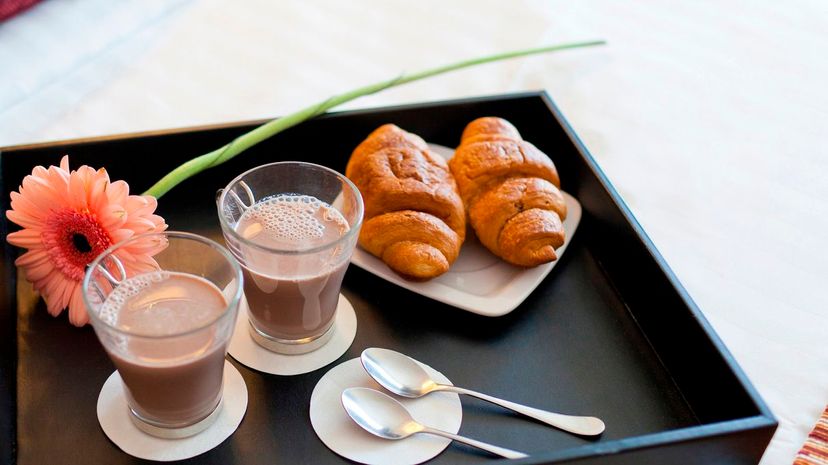
In French, it can be tricky to know if a word is masculine or feminine, which will change how you write the word for "one" in French (un or une). So if you're in doubt, simply order two! You're probably gonna want that second one anyway; they're just too good.

Good job! The literal translation is closer to "I call myself" rather than "My name is" in French. It may be strange to say it that way in English, but the reverse is true in French!

Nice! "Comment ça va" more closely translates to "How's it going," and while there are few different ways to express this idea, this is by far the most common phrase you'll be using and hearing to ask how someone is.
Advertisement

You don't want to come off TOO enthusiastic, and so a simple "ça va" is the perfect measured response when first meeting someone. The French like to play it cool, and so while a "fine" from an American may seem like something could be wrong, a "fine" from a French person is much closer to how an American uses "I'm good."

I knew you'd remember your pleasantries! Good thing too; while everyone can appreciate someone who is polite, formality is very important to French culture. Now while they probably won't kick you out, you'll definitely get a more kind and patient response if you're mindful of how you're talking to people!
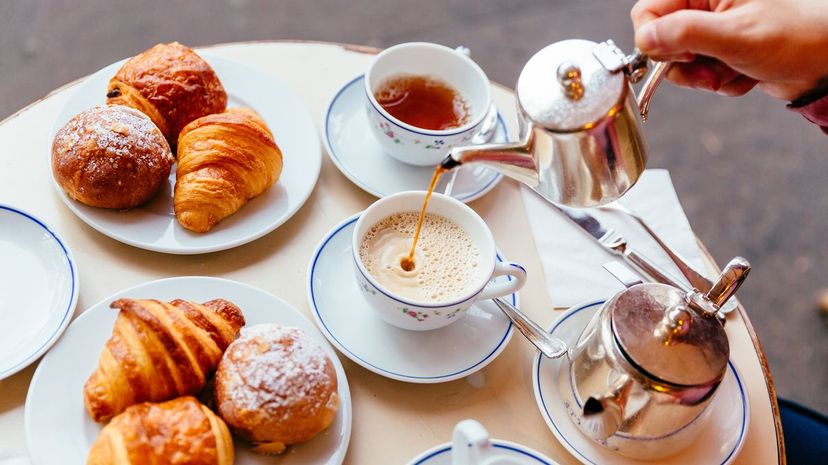
"Un/Une" is the word for both "a" and "one" in English, so if you need help remembering "a coffee," just remember how many coffees you want!
Advertisement

"Passez une bonne journée" also exists to mean more literally "have a nice day," but in the context of getting coffee from a barista, "bonne journée" is a very common way of wishing someone well!

Very nice! "Où" is the word for "where" in French, and a very important one to know! If you're ever somewhere new, this word will be your best friend when it comes to finding museums and bathrooms!

If something is being done TO you (talk to me, help me) then you take "me" and put it in front of the verb ("il me parle", or "he's talking to me"). But because "aider" starts with a vowel, you change it to "m'aider" (me + aider).
Advertisement

"Boire" means "to drink" in English, and if you're in a restaurant ordering a drink in France, don't be too surprised when it doesn't come with ice! This practice isn't very common in Europe in general, so if you're in French-speaking region and you want ice, make sure to add "avec des glaçons s'il vous plaît"!
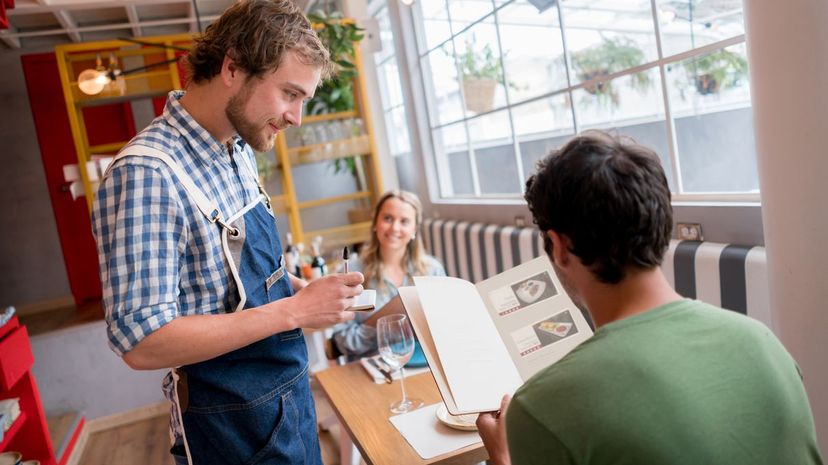
"Je veux" means "I want," which is a pretty similar meaning to "I would like." However, just like in English, it's important to be polite, and so the way to soften the request is to ask in the conditional form "je voudrais." Always nice to ask and not demand!
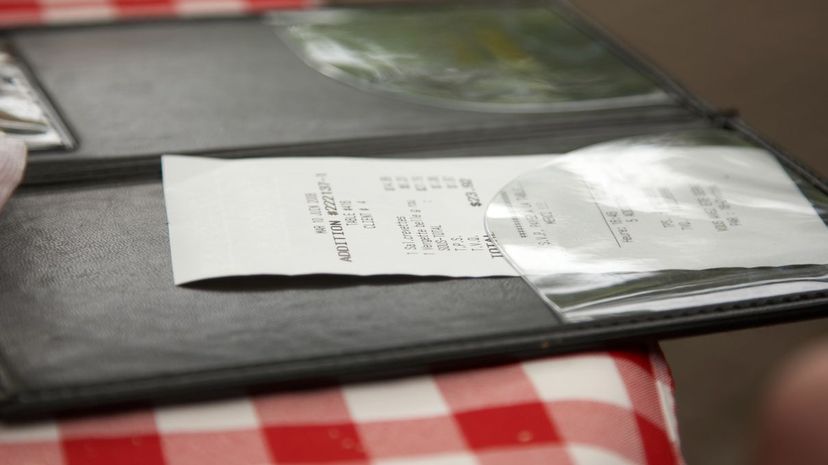
Just like in real life, in French you have to look out for those fake friends ("faux amis" in French, or "false cognate" in English), or simply words that seem like they would be the same in English but actually have a different meaning in French. "Chèque" isn't entirely a false cognate, as it is the same word for a check at the bank. However, in the restaurant setting, you might get some funny looks.
Advertisement

Good choice! "Payer par carte" is thankfully very similar to the English equivalent, so there shouldn't be too much trouble remembering it! Fun fact: "argent" is the word for money in French, but it's also their word for silver. Guess they didn't see a reason in changing the word when the currency changed!

Good job! When talking about the weather in French, the verb "faire" or "to do/make" is used, not "être" or "to be". It's an easy one to mix up, but try to remember that the weather *makes* beautiful in French!
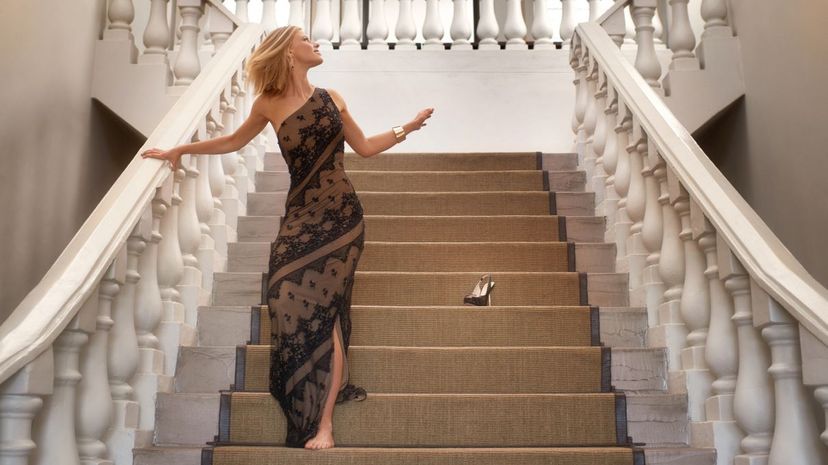
Congratulations! You didn't turn into a pumpkin! While "temps" can be the word for time (and weather; go figure!), more often you'll hear "heure" used when talking about what time it is on the clock. The more you know!
Advertisement

Hey, walking is really good for you; no reason not to like it! In French, to say "I like to ...", you just need "j'aime" + the infinitive ("marcher," in this case). No need to include a different word for "to"!
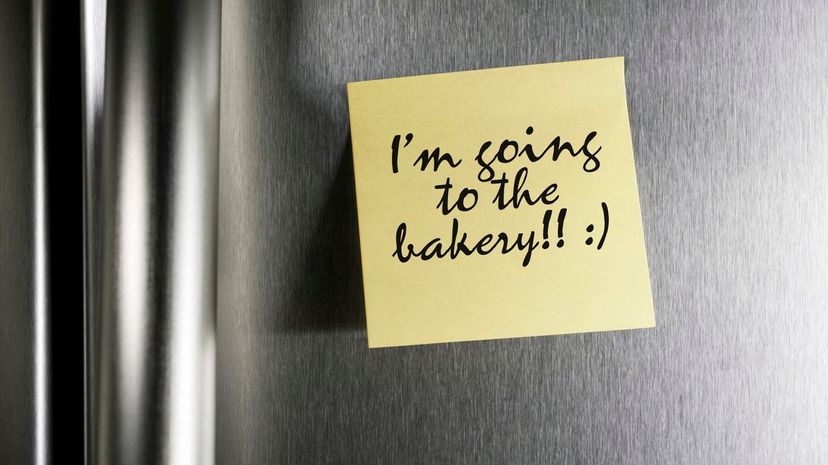
Your host mother can now rest easy knowing your just down the street. To translate "am going" into French, you just have to use the verb in the present tense ("je vais" or "I am going"). The present tense can translate to both "I am going" and "I go," which means less work for us English speakers!

Nice! "Attendre" is another tricky word in French, while it may look like "attend" in English, it's actually the word for "to wait." Darn those faux amis!(#NoMoreFakeFriends2020)
Advertisement
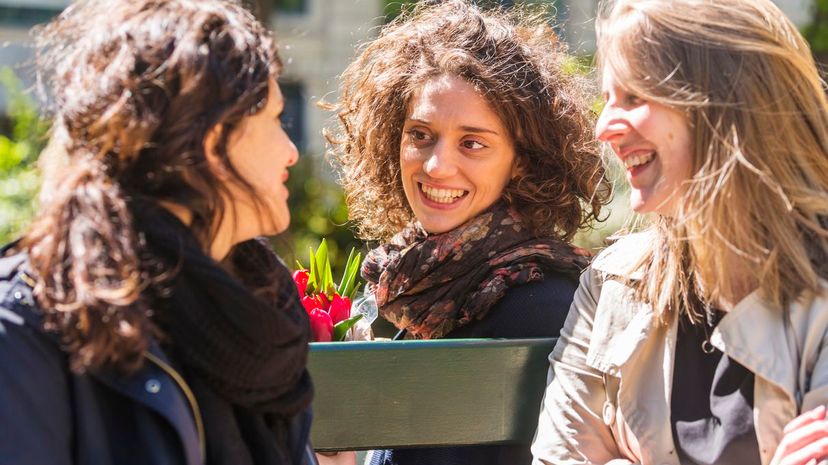
Disaster averted! Making sure to use the "vous" form when you're asking strangers a question is a must if you want the best chance of someone actually helping you! "Parlez-vous anglais" is a completely correct way to ask if someone speaks English as well. Whatever you do, just make sure you're using the correct form!

You just can't help yourself, can you? Don't worry, we don't judge here. "I'm going to (do something)" is the future tense, and a common way to express this is with "aller" (je *vais* manger), similar to how we construct this sentence in English. Careful, though; don't forget that while orally there are many words that sound like "manger" (mangez, mangé), it's important to use the infinitive form after "je vais."
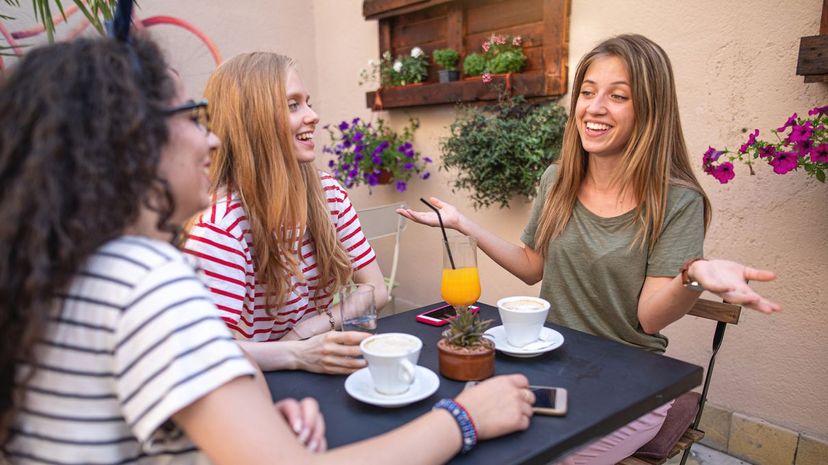
Don't. Trust. Fake. Friends. I think that's pretty much the moral of this story. Just when you think you "actuellement" has your back, it goes and switches sides on you by being "currently" in French. It's always the ones you least expect. ("En fait" directly translates to "in fact" but is used similarly to how we use "actually" in English).
Advertisement

I see you're starting to learn who your REAL friends are. I used to trust "librairie" to just be library in English too, but it turns out it gets a hard downgrade to "bookstore" in French. "Où se trouve" is just another way to say "where" (more literally, "where does it find itself?"). It's a bit more formal and fancier than regular old "où," so feel free to change it up if the mood strikes you.

I mean, we're all 5 years old at heart, right? This is one of those phrases that is just thought of differently in French than in English. In French, you use the verb "avoir" (to have) to describe your age, not the verb "to be" (être) like in English. Tricky tricky!

There are no good answers when it comes to matters of betrayal; however, you did pick the correct answer when translating this sentence. "Pourquoi" in French is comprised of the words "for" and "what," which is the standard way to ask "why." This statement is in the past tense as well, so don't forget the "avoir" (tu *as* fait) that brings it into the past tense!
Advertisement

Being able to tell people what you need can be life saving! "Need" in French directly translates to "to have need of" (avoir besoin de), so make sure to memorize this construction in case you need it!

No tricks here: "I'm sorry" is a word-for-word translation. "Je suis désolé" has each word correlate to its translation in the English (I am sorry). Always good to know how to say sorry!

The French don't opt for the verb "to agree" when talking about agreeing with someone. Instead, their version of it is closer to "I am in agreement" in English. This is another one you just have to remember is ever so slightly different from English and doesn't quite work with a direct translation.
Advertisement

"Visiter" is almost a fake friend, but only partially (still, we got our eye on you, "visiter"). While it does translate to "to visit" in English, you can only say in the context of a place you're visiting. When you talk about visiting someone, you have to say "rendre visite," or even more simply "voir" (to see, "je vais voir mes amis").

In French, you don't use the verb "être" (to be) to describe where you're from. Instead, you use the verb "venir" (to come) to describe this. A direct translation from French leads us to the phrase "I come from Kansas." If only they knew who you REALLY were.

You did hear them correctly; good job! There's a subtle difference in French between "penser de" and "penser à." While both can technically be translated as "to think about," the former asks more WHAT you think about something, and the latter is used more to highlight that you're thinking about something in particular. Also remember to use "tu" when talking among friends!
Advertisement

Whew, that was a close one. Even when you're yelling at someone in French, it's important to use the correct form of the word. In this case, since it's a stranger, you want to use "vous" (Arrêtez-vous!). More and more often in France, you'll see and hear the word "stop," sometimes even on street signs; don't be afraid to just yell stop in a pinch!

Red is a good color for a house; you've chosen well. When using adjectives in French, it's important to remember whether the adjective comes before or after the noun. In the case of colors, the adjective (rouge) always comes after the noun (maison).
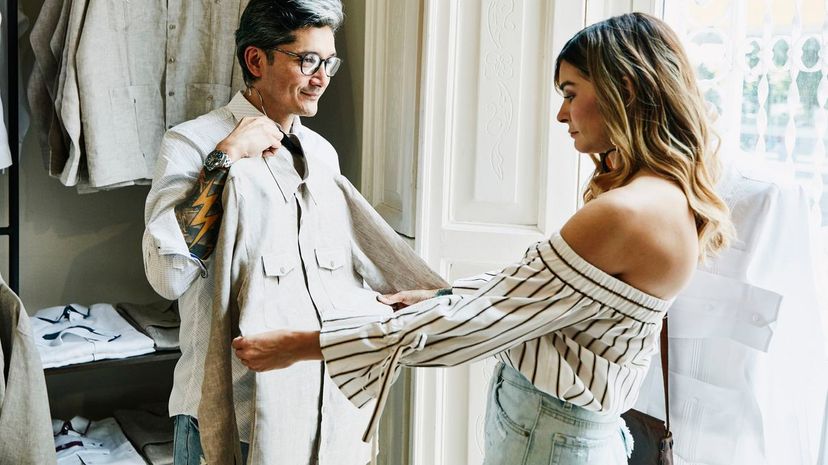
This is one of the few times French has a much shorter way of expressing an idea than the English equivalent. A direct translation would be close to "How much that cost?" Don't forget that "combien" is the single word for both "how much" in English.
Advertisement

They really are, though. While there may not be a difference in pronunciation orally, remembering all the letters when using the plural form is important (ilS sont trop bonS). Spelling can be difficult in French because of all the silent letters. If it makes you feel any better, French children also struggle well into their adolescence with spelling, so don't take it personally.
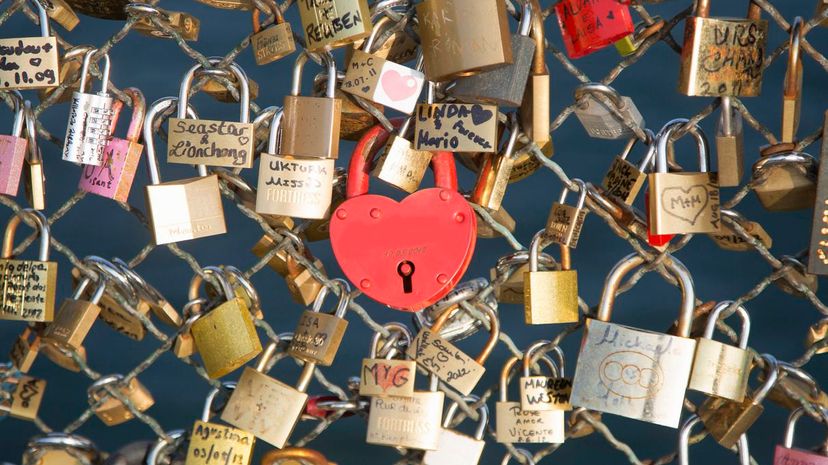
Well, I'm glad you do because we do too. "Aimer" can mean both "like" and "love" in French, but when you want to exclaim your enthusiastic love for something, the word "adore" is often used in place of "aimer." Good job!